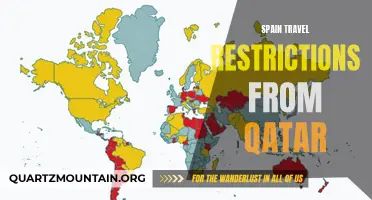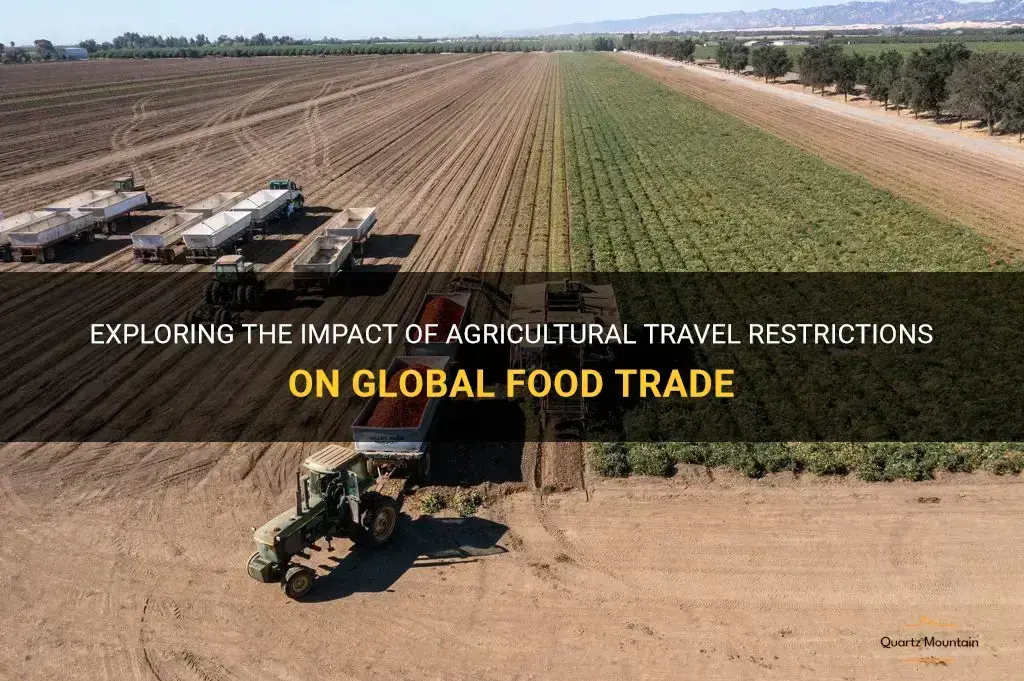
As we enter the era of sustainable development and climate change awareness, one of the key areas that requires our attention is agriculturally restricted travel. With increasing concerns about the spread of pests, weeds, and diseases across different regions, governments around the world are imposing restrictions on agricultural products and travel related to them. This has not only given rise to new challenges for farmers and agricultural businesses, but it has also raised important questions about the global food supply, our reliance on imports, and the future of agriculture. In this highly interconnected world, understanding the intricacies of agricultural restriction travel has become more crucial than ever.
What You'll Learn
- What are agricultural travel restrictions and how do they impact international travelers?
- What specific measures are in place to enforce agricultural restrictions during travel?
- What are the risks associated with not complying with agricultural travel restrictions?
- How do agricultural travel restrictions vary from country to country?
- Are agricultural travel restrictions different for commercial agricultural products compared to personal items?

What are agricultural travel restrictions and how do they impact international travelers?
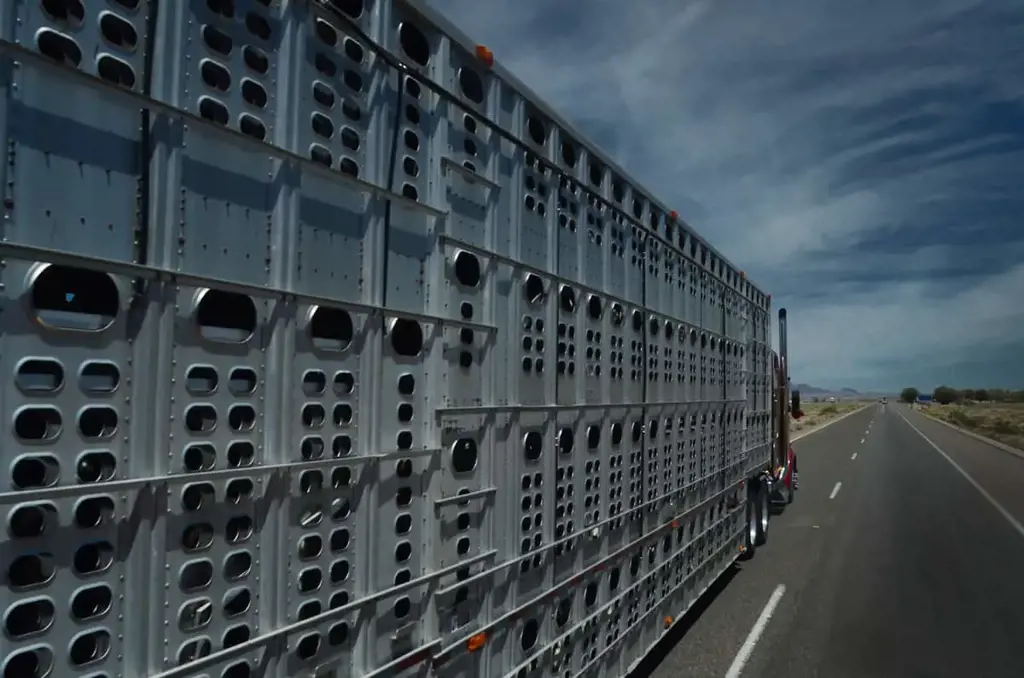
Agricultural travel restrictions are guidelines and regulations imposed by countries to protect their agricultural industries from potential threats, such as the introduction of pests, diseases, and invasive species. These restrictions impact international travelers who are bringing agricultural items, such as fruits, vegetables, plants, and animal products, into a country.
The primary goal of agricultural travel restrictions is to prevent the introduction and spread of pests and diseases that can harm the country's agricultural sector. In many cases, these pests and diseases may not exist in the country or may be under control, and the introduction of new ones can have devastating consequences for local farmers and the environment.
The specific travel restrictions can vary from country to country, but generally, they involve regulations on bringing certain agricultural items into the country. Travelers may be required to declare any agricultural products they are carrying and may be subject to inspections by quarantine officers upon arrival.
In many cases, travelers are not allowed to bring fresh fruits, vegetables, plants, and animal products into a country. This includes items such as meat, eggs, dairy products, seeds, live plants, and certain types of wood. There are also restrictions on carrying soil, as it can harbor pests and diseases.
Travelers who do not declare or attempt to bring prohibited agricultural items into a country may face penalties, including fines, confiscation of the items, or even legal action. It is therefore important for travelers to familiarize themselves with the specific agricultural travel restrictions of their destination country before they travel.
To assist travelers, many countries provide information on their official government websites, including lists of prohibited and restricted items. Travelers can also contact their local embassy or consulate for more information. In addition, airports and other ports of entry often have signage and information available to inform travelers about the agricultural travel restrictions.
It is important for international travelers to respect and adhere to agricultural travel restrictions to help protect the agricultural industries and natural environment of the countries they visit. By ensuring compliance with these regulations, travelers can play their part in preventing the introduction and spread of pests and diseases that can have severe consequences.
Exploring the Current Alberta Travel Restrictions: What You Need to Know
You may want to see also

What specific measures are in place to enforce agricultural restrictions during travel?
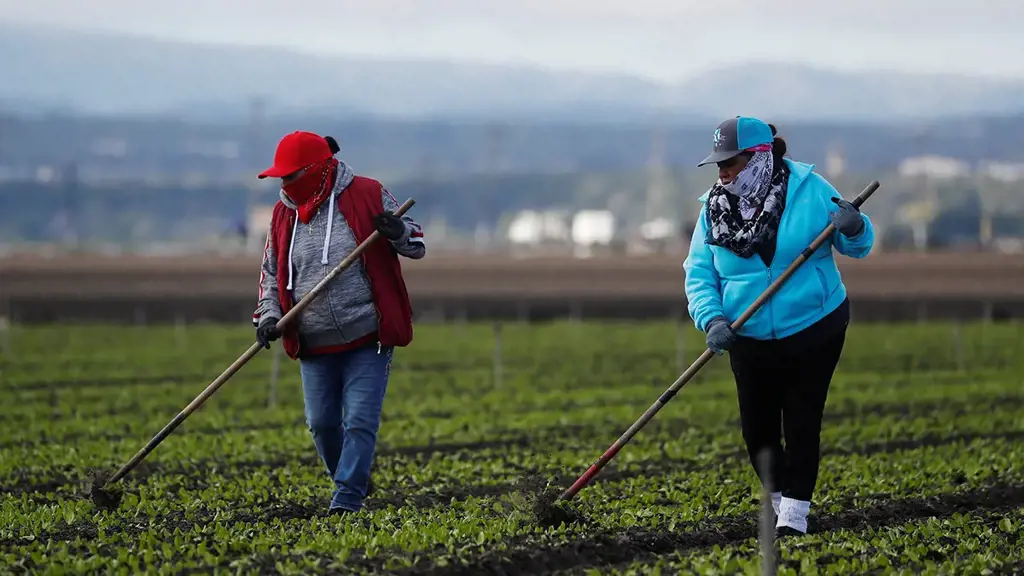
Agricultural restrictions are in place to prevent the spread of harmful pests and diseases that can devastate crops and the environment. These restrictions are particularly important when it comes to travel, as people can unknowingly carry agricultural items or produce from one area to another. To enforce these restrictions during travel, various measures have been put in place.
One of the primary measures to enforce agricultural restrictions is the presence of customs and border protection officers at ports of entry. These officers are responsible for inspecting luggage, cargo, and other items brought into the country. They have the authority to confiscate and destroy any agricultural items that are not allowed or could pose a risk.
To support the efforts of customs officers, signage and educational material are often displayed at airports, seaports, and border crossings. These materials provide information on what agricultural products and items are prohibited, as well as the potential risks they may pose. Travelers are encouraged to familiarize themselves with these restrictions and to declare any agricultural items they may be carrying.
In some cases, specially trained sniffer dogs are employed to assist in detecting agricultural items that may be hidden or hard to identify. These dogs are trained to detect the scent of certain fruits, vegetables, and other plant-based products. If the dog indicates the presence of a prohibited item, customs officers will conduct a more thorough inspection.
Random inspections and screening procedures are also conducted to ensure compliance with agricultural restrictions. Travelers may be asked to open their luggage or undergo additional questioning regarding any agricultural items they may be carrying. This helps to deter individuals from attempting to conceal prohibited items.
In addition to these measures, travelers may also be subject to fines or other penalties if they fail to comply with agricultural restrictions. These penalties can vary depending on the severity of the violation and the jurisdiction in which it occurs. By imposing consequences for non-compliance, authorities aim to deter travelers from attempting to bring prohibited agricultural items into a country.
It is important for travelers to be aware of and comply with agricultural restrictions during their journeys. By doing so, they can help protect the agricultural industry, the environment, and food security. It is recommended to check the specific agricultural restrictions of the destination country before traveling and to declare any agricultural items to customs officers upon arrival.
Update on Travel Restrictions: Philippines Outbound Travel Policies Explained
You may want to see also

What are the risks associated with not complying with agricultural travel restrictions?
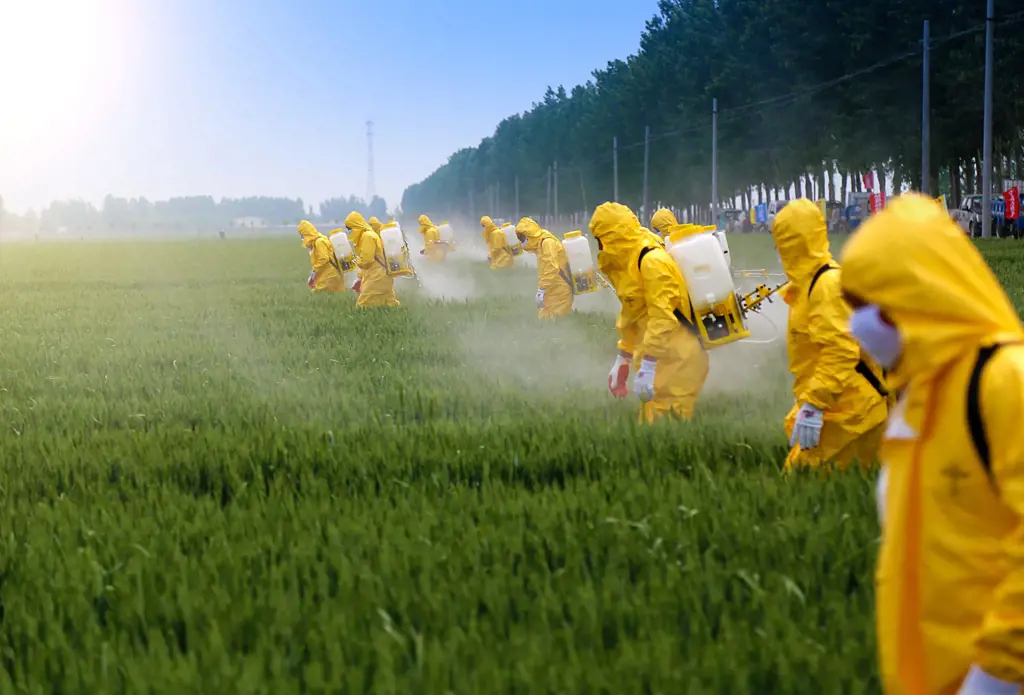
Not complying with agricultural travel restrictions can have serious consequences for both individuals and the agricultural industry as a whole. These restrictions are put in place to prevent the spread of pests, diseases, and harmful invasive species that can devastate crops and livestock, resulting in significant economic losses.
One of the main risks associated with not complying with agricultural travel restrictions is the introduction and spread of pests and diseases that can harm crops and livestock. These pests and diseases can quickly spread from one area to another, causing widespread destruction and loss of food production. This can lead to food shortages, increased prices, and economic hardship for farmers.
In addition to the direct damage caused by pests and diseases, non-compliance with agricultural travel restrictions can also have indirect consequences. When a country or region is found to have a pest or disease outbreak, it may be subject to trade restrictions and bans on the export of agricultural products. This can have a major impact on the agricultural economy, as farmers are unable to sell their products in the international market and lose valuable income.
Furthermore, not following agricultural travel restrictions can harm the overall reputation of an agricultural industry. Countries that have a reputation for not complying with these restrictions may face trade barriers and a loss of consumer trust. Consumers are increasingly concerned about the safety and sustainability of the food they consume, and they are more likely to choose products that come from regions with rigorous agricultural regulations and standards.
The transportation and movement of agricultural goods can also be affected by non-compliance with travel restrictions. Agricultural products that do not meet the necessary biosecurity requirements may be confiscated or destroyed at customs checkpoints. This can result in financial losses for both the transportation companies and the farmers who were relying on those goods reaching their intended destinations.
To mitigate the risks associated with not complying with agricultural travel restrictions, it is crucial for individuals and businesses involved in the agriculture industry to stay informed about the regulations and requirements in place. This includes understanding and following quarantine protocols, obtaining appropriate certifications and permits for the transportation of agricultural goods, and being aware of the potential risks and consequences of non-compliance.
In conclusion, not complying with agricultural travel restrictions can have severe consequences for individuals, the agricultural industry, and the overall economy. The introduction and spread of pests and diseases can result in significant economic losses and pose a risk to global food security. It is essential for farmers, businesses, and travelers to understand and comply with these restrictions to protect the agricultural industry and prevent the spread of harmful pests and diseases.
Understanding the Department of Homeland Security Travel Restrictions: What You Need to Know
You may want to see also

How do agricultural travel restrictions vary from country to country?
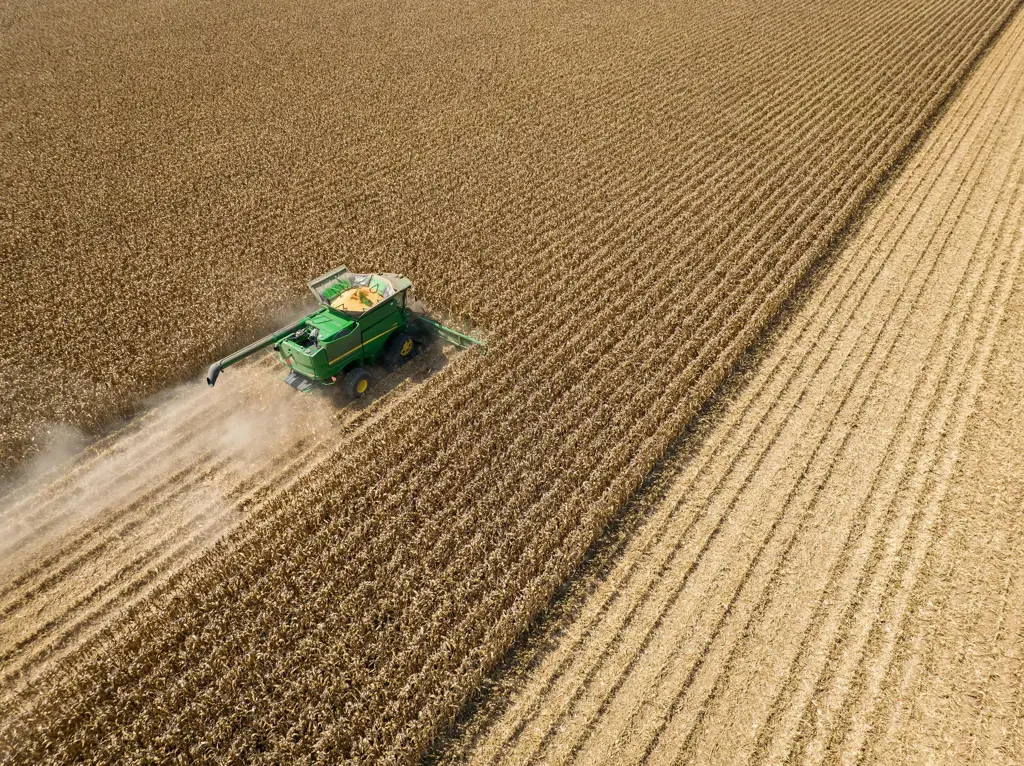
Agricultural travel restrictions can vary from country to country due to a variety of factors. These restrictions are put in place to protect a country's agriculture industry from potential pests, diseases, and invasive species that could harm local crops and livestock. While the specific restrictions may differ, the overall goal is to safeguard the country's food security and maintain the integrity of its agriculture sector.
One key factor that influences agricultural travel restrictions is the level of risk associated with imported agricultural products. Countries may categorize certain commodities as high-risk due to concerns about the presence of pests or diseases. For example, fresh fruits and vegetables may be subject to stricter import requirements compared to processed or packaged foods. In some cases, countries may ban the importation of high-risk commodities altogether.
Another factor that impacts agricultural travel restrictions is the level of international cooperation and harmonization of regulations. Some countries have entered into agreements or partnerships aimed at aligning their import and export regulations to facilitate trade while minimizing the risk of introducing harmful pests or diseases. For example, the European Union has established the Plant Health Directive, which sets standards for imported plant products and provides a framework for member states to follow.
Additionally, the geographic location of a country can also influence its agricultural travel restrictions. Countries with geographical proximity to pest or disease hotspots may have more stringent regulations to prevent the introduction of these harmful organisms. For instance, countries in close proximity to regions prone to outbreaks of Foot and Mouth Disease may have strict controls on the importation of livestock or animal products.
The level of technological advancements in a country's agriculture sector can also play a role in shaping its travel restrictions. Countries with advanced systems for pest and disease detection may be more confident in their ability to quickly identify and mitigate any risks associated with imported agricultural products. This may result in more relaxed restrictions compared to countries with less advanced surveillance and detection capabilities.
Furthermore, the political and economic priorities of a country can influence its agricultural travel restrictions. Some countries may prioritize domestic agriculture and seek to protect local farmers from competition by imposing stringent import requirements. In contrast, other countries may prioritize trade and economic development and have more relaxed regulations to facilitate the importation of agricultural products.
In conclusion, agricultural travel restrictions can vary significantly from country to country. These variations are influenced by factors such as the perceived risk of imported agricultural products, international cooperation and harmonization, geographic location, technological advancements, and political and economic priorities. While the overall goal is to protect a country's agriculture industry, the specific restrictions can differ based on these factors. It is important for travelers and businesses involved in the agricultural sector to be aware of and comply with the relevant restrictions when crossing international borders.
Understanding the ABC Travel Restrictions: What to Know Before You Go
You may want to see also

Are agricultural travel restrictions different for commercial agricultural products compared to personal items?
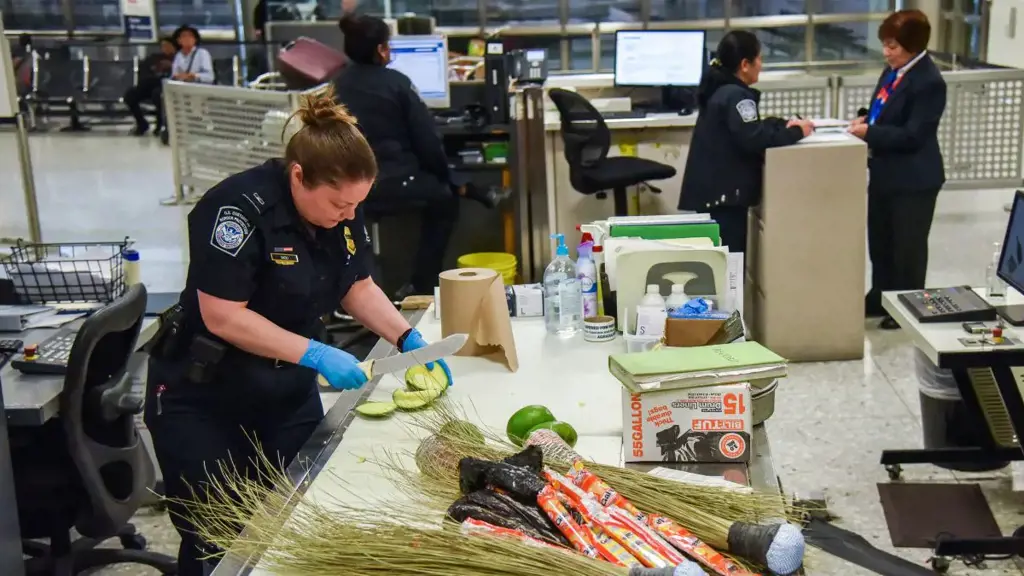
Agricultural travel restrictions apply to both commercial agricultural products and personal items, but there are some differences in the regulations for each.
For commercial agricultural products, there are stricter restrictions in place to prevent the introduction and spread of pests and diseases that could harm crops, wildlife, and the environment. These products include fruits, vegetables, plants, seeds, plant materials, and animal products. Commercial agricultural products are subject to inspection and must meet specific requirements before being allowed into a country or region.
The regulations for commercial agricultural products vary depending on the country or region you are traveling to or from. Some countries have different rules for imports and exports, and it is important to check the specific regulations for each destination. Generally, commercial agricultural products may require a phytosanitary certificate, which is a document issued by the country of origin certifying that the products meet the necessary health and safety requirements.
In contrast, personal items such as fruits, vegetables, and plant materials brought for personal use are subject to less strict restrictions. These items are typically allowed as long as they are declared and meet certain quantity limits. The purpose of these restrictions is to prevent the introduction of invasive pests and diseases. Personal items are usually subject to visual inspection by customs officers, and any items found to be infested or carrying pests may be confiscated or destroyed.
It is important to note that even personal items may be subject to restrictions and regulations, and it is essential to check the specific rules and requirements for each country or region you are traveling to or from. Travelers should also be aware of the potential consequences of failing to comply with agricultural travel restrictions, as they can result in fines, penalties, and even legal action.
In summary, agricultural travel restrictions apply to both commercial agricultural products and personal items, but the regulations for each differ. Commercial agricultural products are subject to stricter regulations and may require a phytosanitary certificate, while personal items are subject to less strict restrictions but must still meet certain requirements and quantity limits. It is important to check the specific regulations for each destination and comply with any restrictions to prevent the introduction and spread of pests and diseases.
Navigating Roatan Travel Restrictions: What You Need to Know
You may want to see also
Frequently asked questions
No, it is generally not permitted to travel internationally with agricultural products. Many countries have strict restrictions on the importation of plants, plant products, and animal products to prevent the spread of pests and diseases. This includes items such as fruits, vegetables, meats, eggs, and seeds. It is important to check the specific import regulations of the destination country before attempting to travel with any agricultural products.
Violating agricultural travel restrictions can have serious consequences. In some cases, you may face fines or penalties, and your agricultural products may be confiscated or destroyed. This is because the introduction of pests or diseases through imported agricultural products can have devastating effects on local agriculture and ecosystems. It is important to follow the rules and regulations set by the authorities to protect the environment and agricultural industry of the destination country.
There may be certain exceptions to agricultural travel restrictions in certain situations. For example, some countries may allow the importation of small quantities of certain fruits or vegetables for personal consumption. However, these exceptions are often limited and require prior approval or special permits. It is crucial to check with the relevant authorities and obtain the necessary documentation before attempting to travel with any agricultural products.
If you need to travel with agricultural products within your own country, it is best to check the regulations and guidelines set by local agricultural authorities. They can provide information on any permits or certifications that may be required. When traveling internationally, it is important to leave agricultural products behind to avoid any unnecessary complications or risks. It is always best to purchase agricultural products at your destination rather than attempting to bring them with you. This helps to prevent the spread of pests and diseases and ensures compliance with agricultural travel restrictions.




